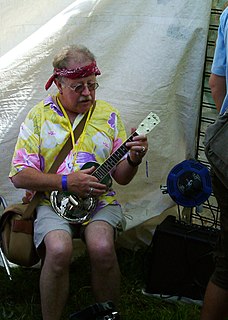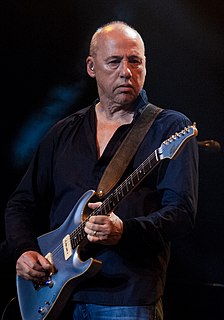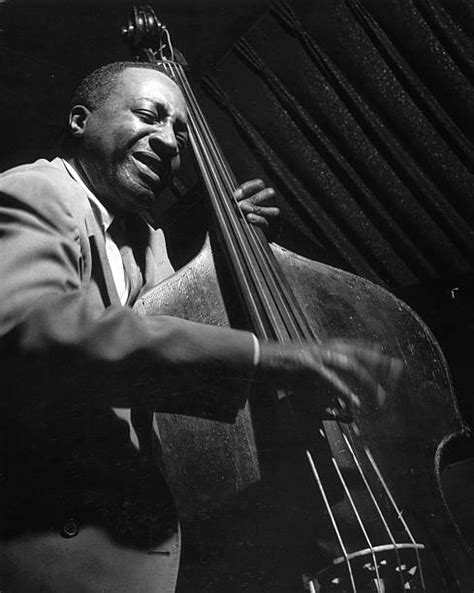Цитата Майка Хардинга
Альбом Bare Foot Folk полон действительно интересных песен, Анж Харди берет народные сказки и создает новые народные песни, которые звучат традиционно вокруг истории. Это та, которую она назвала вербой-матерью, она прекрасна.
Связанные цитаты
Я думаю, что то, что заставляет Byrds стоять на ногах все эти годы, — это основа фолк-музыки. Народная музыка, будучи вневременной формой искусства, является основой Byrds. Мы все были выходцами из народа. Мы считали себя фолк-певцами даже тогда, когда пристегивались к электрическим инструментам и баловались разными вещами.
Корнелиус Кардью очень известен в Британии, потому что он был любимцем авангарда и играл в группе под названием AMM, которая была импровизационной группой в 60-х. Пол Маккартни приходил посмотреть на них. Позже в жизни он разочаровался в авангардной музыке, потому что чувствовал, что она не может дойти до публики. Он не имел достаточно широкой привлекательности. Так что он брал эти мелодии старых английских народных песен и писал поверх них сталинские тексты. Я действительно думаю, что когда он переключился на народные песни, он фактически потерял ту крошечную аудиторию, которая у него уже была, что довольно интересно.
Моя музыка на самом деле не похожа на панк, она акустическая. И на самом деле это не похоже на народную музыку, потому что я слишком сильно бьюсь и слишком много эмоций для своего рода интроспективного, уважительного, своего рода фолк-жанра. Я очень люблю панк и фолк как музыку, которая исходит из сообществ, очень искренняя, очень непосредственная и некоммерческая.



































